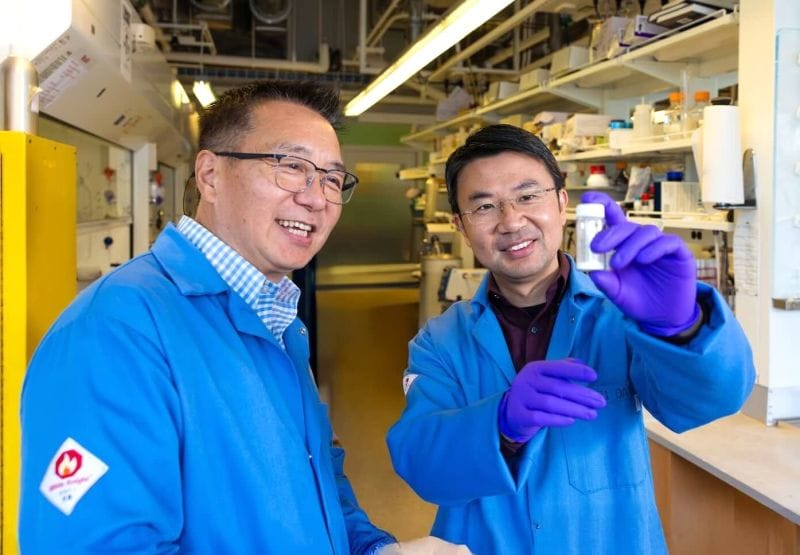RSS Feed Source: Science Daily
Postdoc/PhD/MASc/MEng Graduate Research Opportunities at
Artificial Intelligence for Aerospace Systems (AIAS) Laboratory
Department of Aerospace Engineering
Toronto Metropolitan University, Toronto, Canada
1) Artificial Intelligence and Machine Learning-Powered Smart Aerospace Systems
The thesis/project will focus on designing novel artificial intelligence and machine learning-based algorithms to develop smart aerospace systems. Several investigations have been conducted at the AIAS laboratory in cooperation with aerospace companies and government agencies (including NASA, Canadian Space Agency, and MHICA) on the fault diagnosis, prognosis and recovery of aerospace systems. The results on aircraft/spacecraft control systems and aircraft engines are very promising for practical applications. The proposed research aims to further enhance the performance of these algorithms using artificial intelligence, machine learning and digital twins based methodologies for real-time fault diagnosis, prognosis and recovery applications.
2) Cutting-Edge Internet-of-Things (IoT) Devices for Smart Aerospace Systems
In recent years, significant advancements have been made in
Click this link to continue reading the article on the source website.
